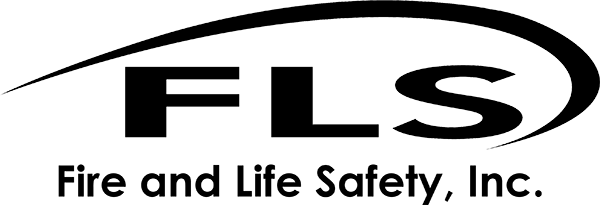Assisted Living Incident Command System (ALICS)
The “What” of Assisted Living Incident Command System (ALICS)
The Incident Command System (ICS) is one component of the National Incident Management System or (NIMS). NIMS was created in accordance with Homeland Security Presidential Directive #5 which was signed into law in 2004. NIMS is intended to provide an integrated, comprehensive, national approach to incident management by federal, state, territorial, Tribal and local responders. The Presidential Directive makes NIMS compliance a requirement for any of these entities wishing to receive Federal funds starting with Federal fiscal year 2007. ICS is one component of NIMS that provides a common response framework and standardized terminology. ICS helps to pave the road for collaboration among a variety of agencies, disciplines, and providers within the critical healthcare and public safety infrastructure.
The Assisted Living Incident Command System or “ALICS” is a simplified version of ICS and through its use, long-term care providers can become part of this standardized system of efficient response. ICS was modified by two consultants for assisted living and reviewed by AALNA board members and then reviewed by NCAL Quality Care Committee.
The “Why” of ALICS
ALICS offers long-term care providers a flexible framework for command and control that is based on the standardized system of ICS. It improves communication between long-term care providers and emergency responders through a shared vocabulary and approach. ALICS provides a template for incident management, regardless of cause, size, location, or complexity that helps long-term care providers to manage ever‐changing incidents. It offers a scalable approach that can grow and shrink as needed, depending on the complexity of the incident. Finally, ALICS Assisted Living Incident Command System (ALICS) outlines a management framework that empowers long-term care staff to improve the effectiveness and efficiency of their incident response; no matter what shift, or what day of the week the event occurs. It does this through a system that is designed to:
- Manage all emergency, routine, or planned events, of any size or type, by establishing a clear chain of command and a process for communication, decision‐making and delegation.
- Allow personnel from different agencies or departments to be integrated into a common structure that can effectively address issues and delegate responsibilities.
- Provide needed logistical and administrative support to operational personnel.
- Ensure key functions are covered and eliminates duplication.
Who can train my staff on ALICS?
We have two dedicated consultants that can help conduct all your on-site ALICS training needs:
Should you need to contact our ALICS training consultants, please submit your request to Teressa Morris, Administrative Assistant for AALNA (adminassistant@alnursing.org)
Full Materials
- Assisted Living Incident Command System (ALICS): Electronic Guidebook (pdf)
- Combined ALICS Forms (pdf)
- All-Hazards Incident Planning Guide (pdf)
- Combined Job Action Sheets (pdf)
ALICS Forms
- ALICS 201: Incident Briefing Operational Log (pdf)
- ALICS 203: Organization Assignment List (pdf)
- ALICS 205: Incident Communications Plan (pdf)
- ALICS 206: Staff Injury Plan (pdf)
- ALICS 213: Incident Message Form (pdf)
- ALICS 251: Facility System Status Report (pdf)
- ALICS 252: Section Personnel Timesheet (pdf)
- ALICS 253: Volunteer Staff Registration (pdf)
- ALICS 254: Master Emergency Admit Tracking Form (pdf)
- ALICS 255: Master Resident Evacuation Tracking Form (pdf)
- ALICS 256: Procurement Spending Report (pdf)
- ALICS 258: Facility Resource Directory (pdf)
- ALICS 259: Master Facility Casualty Fatality Report (pdf)
- ALICS 260: Resident Evacuation Tracking Form (pdf)
- ALICS 261: Incident Action Safety Analysis (pdf)
ALICS Job Action Sheets
ALICS Incident Planning Guides
- Earthquake (pdf)
- Fire (pdf)
- Internal Flooding (pdf)
- Infectious Disease (pdf)
- Severe Weather (pdf)
- Loss of Power (pdf)


